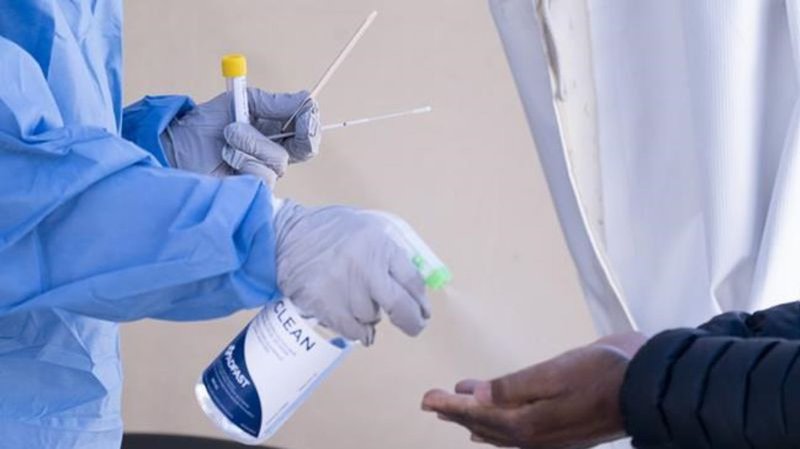
Isolation and sanitation during COVID-19 may affect human microbiome, scientists say
VANCOUVER — As people around the world remain isolated in their homes, avoiding close contact with others and meticulously sanitizing their hands and surfaces, scientists warn there may be unintended consequences of these necessary pandemic protocols.
While it’s important to follow public health orders to reduce spread of COVID-19, experts say that all the antibacterial wipes and physical distancing could have long-term impacts on our microbiomes — the collection of microbes that live on and inside our bodies.
When we hug someone, travel to another country or get our hands dirty, we acquire new microbes, said Brett Finlay, a University of British Columbia microbiologist. Although some microbes can make us sick, others are good for us, and a diverse and rich microbiome is essential to our health, he said.
Finlay said the discovery of pasteurization in the late 1800s kicked off about a century of society being “hellbent” on getting rid of microbes, and infectious diseases declined as a result. But the loss of microbial diversity has been linked to conditions including asthma, obesity, diabetes and brain and cardiovascular diseases, he said.


